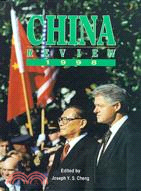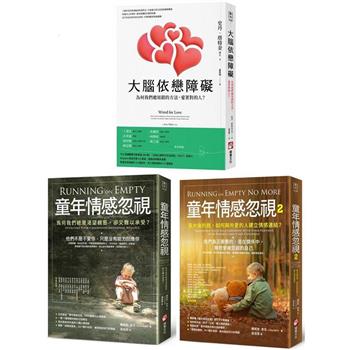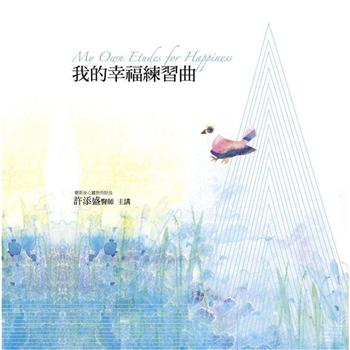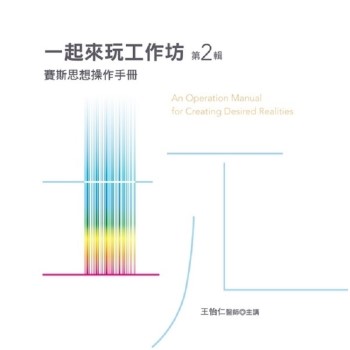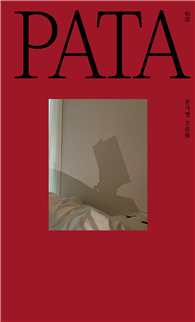圖書簡介The year 1997 should be considered a successful year for the Chinese leadership. Deng Xiaoping's passing away in February and the holding of the Fifteenth Party Congress in September confirmed Jiang Zemin's position as the third-generation leader of the country. He expects no serious challenger in the foreseeable future. In the field of foreign policy, Jiang's summit with President Bill Clinton was an achievement, and China has managed so far to maintain a peaceful environment to concentrate on economic development. The reform of state-owned enterprises was probably the most important agenda item at the Fifteenth Party Congress. This reflected that economic reform had become the core issue and an ideological breakthrough may ensure at some point. Signs of an economic slowdown, however, began to emerge at the end of the year, and the Chinese leadership will find it more difficult to contain dissatisfaction and maintain social stability in the absence of political reforms.
This eighth volume in the China Review series considers the important events of this crucial year. A team of experts from universities in Hong Kong, the United States, Canada, the United Kingdom, Australia and Singapore was invited to cover almost every important policy area. Besides evaluating the significance of the major events in 1997, they were also asked to look ahead and analyse the trends to future change.
Although the authors placed an emphasis on academic assessment, they believe that business executives, journalists and the general public interested in China will find the volume a rewarding read.
